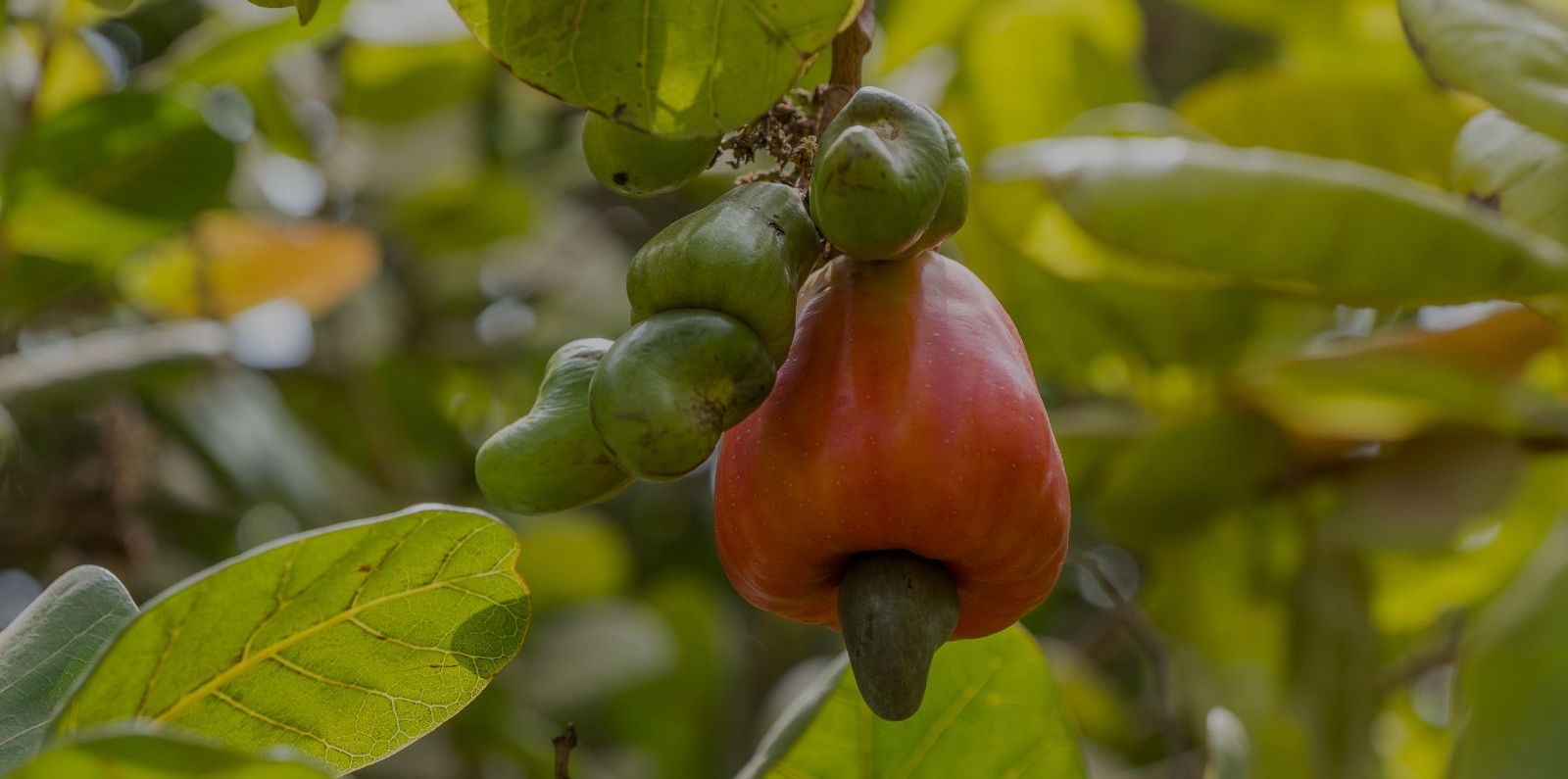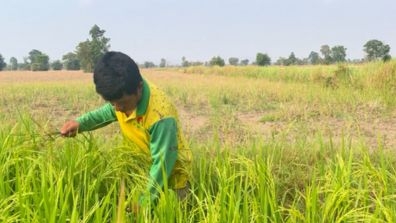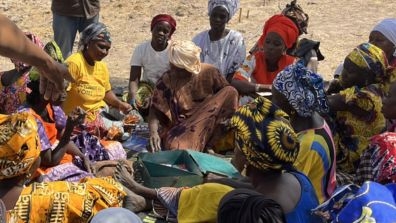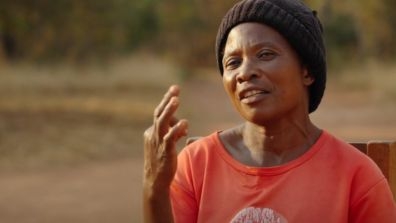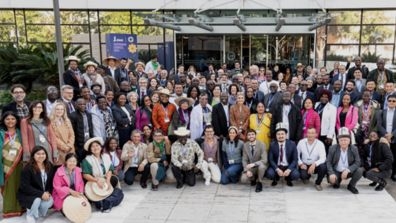This news was originally published on the AfDB website.
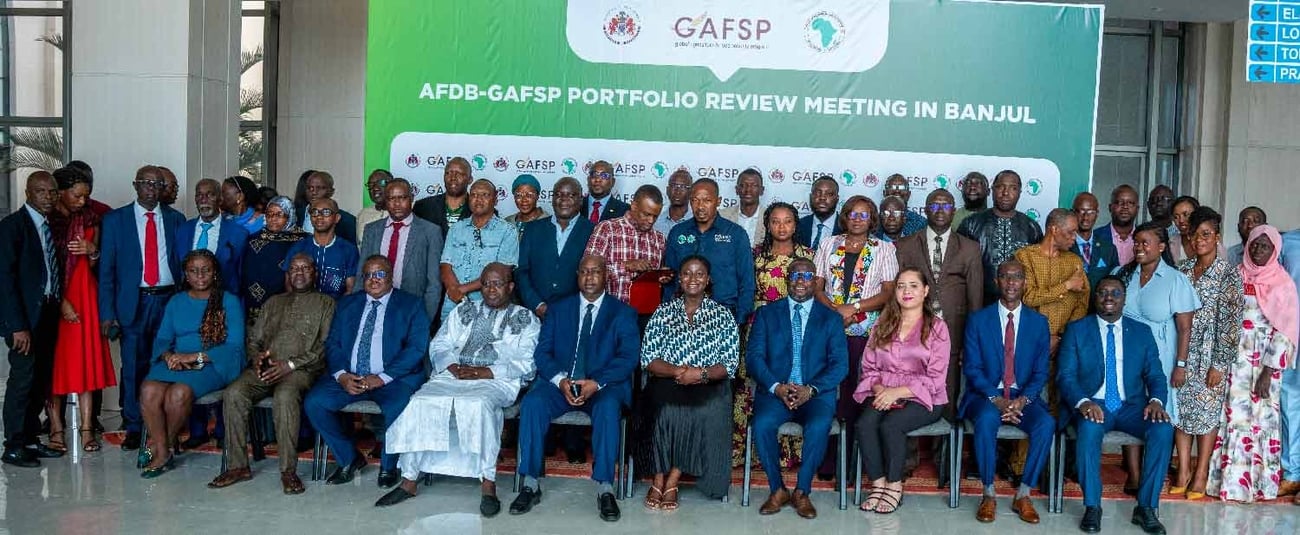
At the Sir Dawda Kairaba Jawara International Conference Center in Banjul, The Gambia, 50 participants attended the African Development Bank’s annual Portfolio review of the Global Agriculture for Food Security Program (GAFSP) this March.
The group — GAFSP task managers, project implementation unit coordinators, monitoring and evaluation officers, procurement officers, and accountants for each project under Bank supervision, staff from the Bank’s agriculture department, representatives from the World Food Program (WFP), and senior government officials from the Gambia — reviewed the performance of the GAFSP portfolio, its achievements, challenges, and lessons learned.
Participants also visited one of the successful GAFSP Gambia projects, the Kalagie vegetable women’s garden located in the western part of the country. The GAFSP supported these women’s gardens with various climate resilient climate-resilient vegetable seeds and solar-operated irrigation systems for year-round production of market vegetables.
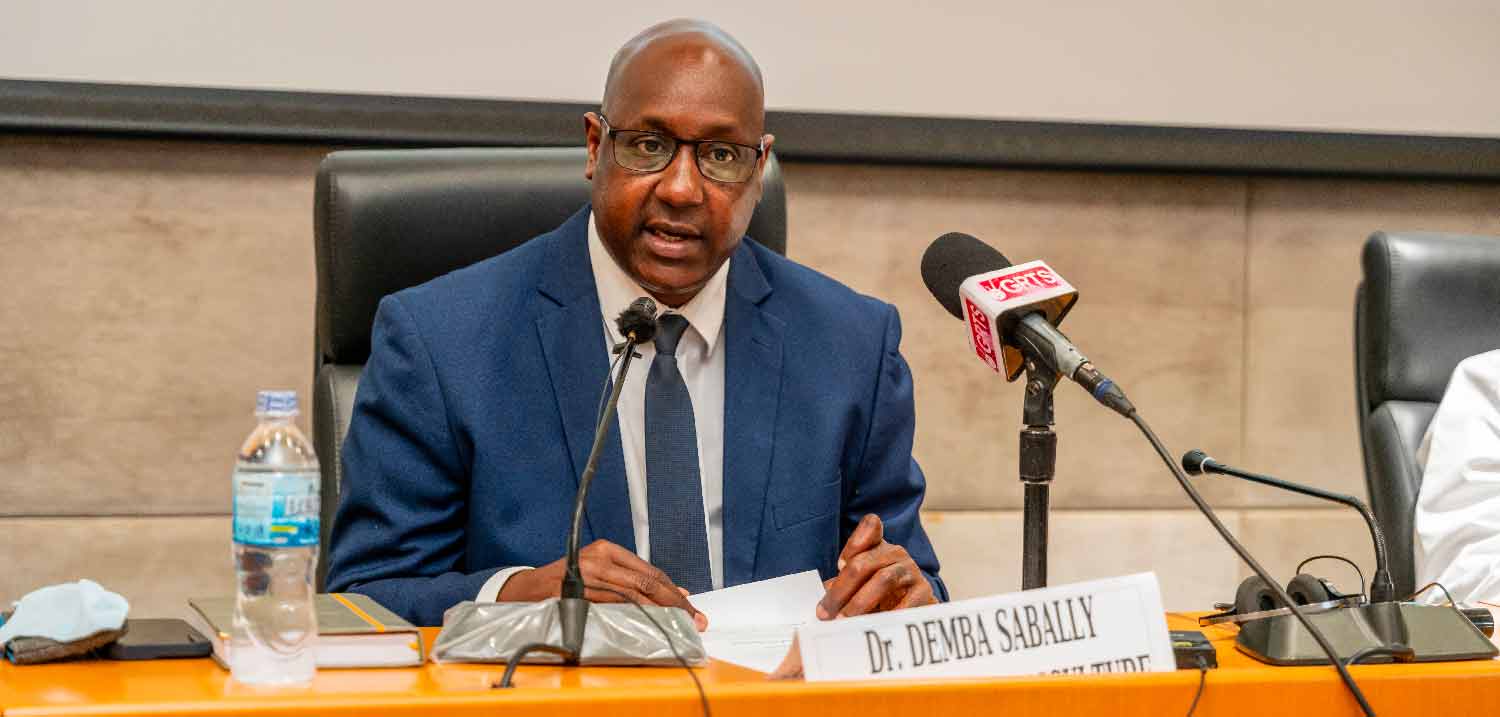
Dr Demba Sabally, Minister of Agriculture of The Gambia, opened his remarks by expressing appreciation for the Bank’s commitment and for GAFSP’s support in The Gambia’s agriculture sector.
“Both the African Development Bank and the Global Agriculture and Food Security Program are among the most consistent country development partners in a transformed agriculture sector for poverty reduction, food and nutrition security and wealth creation,” he said.
Mr Mod Secka, Permanent Secretary of the Ministry of Agriculture, highlighted the GAFSP project impact in The Gambia, saying “We are immensely proud to showcase the success registered by The Gambia Global Agriculture Food Security Program in record time. This project has directly impacted almost 9000 Gambians through its various interventions”.
Deputy Director of the WFP, the project’s implementing partner, Mr Malick Ndiaye stressed the effective collaborative work among the Bank, the government of The Gambia, and WFP in achieving the project’s benefits to the local economy.
The African Development Bank’s GAFSP program coordinator, Philip Boahen said, “The program's impact on smallholder farmers is profound, showcasing a remarkable model of sustainable agricultural development. By directly engaging more than 900 smallholder farmers across various regions and facilitating partnerships with local aggregators, the program has significantly contributed to the diversification of the local economy. The procurement of essential food commodities from these farmers not only guarantees a steady market but also stimulates local economic growth.” He reaffirmed the African Development Bank’s commitment to help bolster food and nutrition security objectives of the government of The Gambia and announced an additional $12 million grant for the GAFSP Gambia project.
Boahen also shared updates on the recent restructuring of GAFSP that led to the creation of a Business Investment Financing Track (BIFT), a program to provide concessional/blended financing for SMEs in the agricultural sector, often considered too risky by traditional lenders.
The African Development Bank Group Board of Directors approved the initial grant of $16 million for GAFSP on 21 September 2021, which was supplemented by $1.37 million in counterpart funding from the government of The Gambia.
